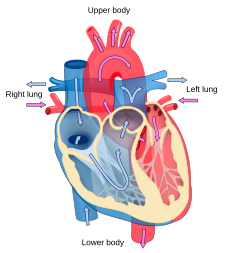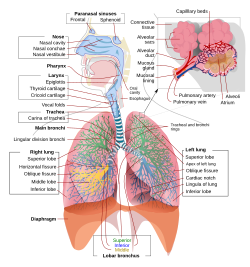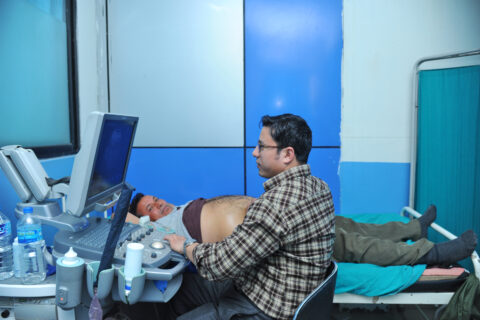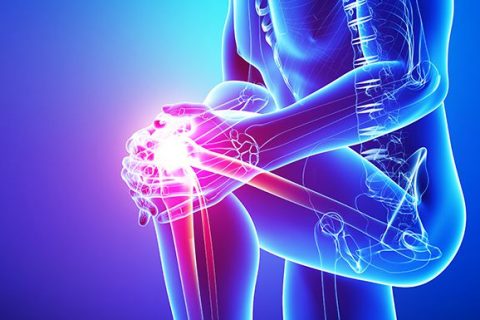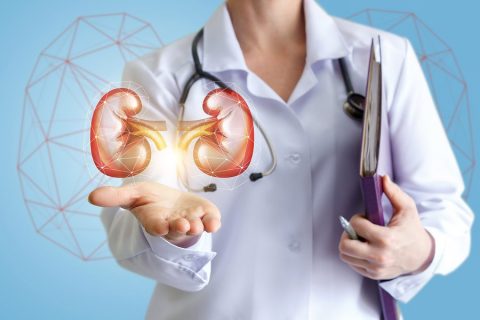
Internal-Medicine:
Internal medicine or general medicine (in Commonwealth nations) is the medical specialty dealing with the prevention, diagnosis, and treatment of adult diseases. Physicians specializing in internal medicine are called internists, or physicians (without a modifier) in Commonwealth nations. Internists are skilled in the management of patients who have undifferentiated or multi-system disease processes. Internists care for hospitalized and ambulatory patients and may play a major role in teaching and research.
Because internal medicine patients are often seriously ill or require complex investigations, internists do much of their work in hospitals. Internists often have subspecialty interests in diseases affecting particular organs or organ systems.
Internal medicine is also a specialty within clinical pharmacy and veterinary medicine.
Cardiology Services:
Cardiology is a branch of medicine dealing with disorders of the heart be it human or animal. The field includes medical diagnosis and treatment of congenital heart defects, coronary artery disease, heart failure, valvular heart disease and electrophysiology. Physicians who specialize in this field of medicine are called cardiologists, a specialty of internal medicine. Pediatric cardiologists are pediatricians who specialize in cardiology. Physicians who specialize in cardiac surgery are called cardiothoracic surgeons or cardiac surgeons, a specialty of general surgery.
Pulmonary Care Services(Chest Diseases Care):
Pulmonology is a medical speciality that deals with diseases involving the respiratory tract.[1] The term is derived from the Latin word pulmō, pulmōnis (“lung”) and the Greek -λογία, -logia. Pulmonology is synonymous with pneumology (from the Greek πνεύμων (“lung”) and -λογία, -logia), respirology and respiratory medicine.
Pulmonology is known as chest medicine and respiratory medicine in some countries and areas. Pulmonology is considered a branch of internal medicine, and is related to intensive care medicine. Pulmonology often involves managing patients who need life support and mechanical ventilation. Pulmonologists are specially trained in diseases and conditions of the chest, particularly pneumonia, asthma, tuberculosis, emphysema, and complicated chest infections.

